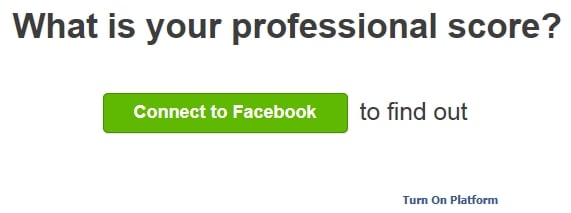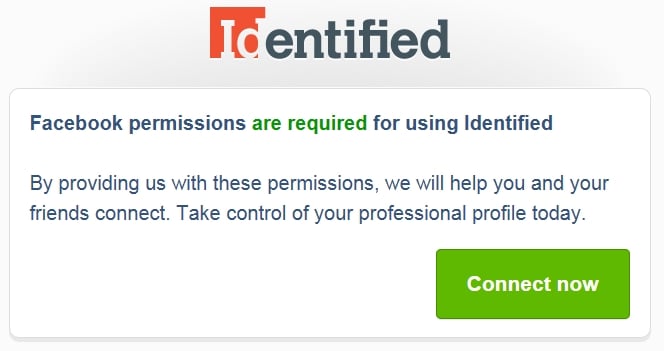In the July 24, 2012 Ask The Headhunter Newsletter, a job hunter wants to know how to get the best compensation deal through a headhunter:
What can I expect from a recruiter when I’m negotiating salary and compensation? After all, doesn’t he work for the hiring company?
My Advice
This question is so common that I include an entire section about it in the PDF book, How to How to Work with Headhunters … and how to make headhunters work for you. This advice is from Section 4: Talking Money.
To understand a headhunter’s motivations for negotiating your compensation, you must understand the headhunter’s job.
How to help the headhunter help you
 Before there’s any chance to negotiate, the headhunter’s real challenge is to get a company and candidate to agree they want to work together. This has nothing to do with money. It’s all about the people, the company, and the job. That’s why it’s crucial for you to decide whether you actually want the job (as long as the terms can be worked out).
Before there’s any chance to negotiate, the headhunter’s real challenge is to get a company and candidate to agree they want to work together. This has nothing to do with money. It’s all about the people, the company, and the job. That’s why it’s crucial for you to decide whether you actually want the job (as long as the terms can be worked out).
Saying you want the job doesn’t mean you’ve accepted the offer, but it sets the headhunter loose to get you a deal you’ll accept. It helps you win the headhunter’s cooperation, because half the battle is won. There’s nothing for the headhunter to negotiate unless you let him know you want the job.
Once your motivation to take the job is settled, the headhunter can get to work on the financial terms. Even though the headhunter works for the employer, he earns no fee unless he can work out terms that are satisfactory to you.
Be ready to express what you want
 This is where many job candidates blow it. They don’t want to express what they want. They believe that if they don’t state what they want, they might magically get more. Nothing could be farther from the truth. Take note: If you have an offer, the employer has already put a number on the table. It’s decision time for you. If you can’t decide what you want, you can’t make the headhunter work for you. You must arm him with specific instructions. At this stage the headhunter will advise you what’s reasonable to negotiate with the employer — but he will do the negotiating on your behalf with his client.
This is where many job candidates blow it. They don’t want to express what they want. They believe that if they don’t state what they want, they might magically get more. Nothing could be farther from the truth. Take note: If you have an offer, the employer has already put a number on the table. It’s decision time for you. If you can’t decide what you want, you can’t make the headhunter work for you. You must arm him with specific instructions. At this stage the headhunter will advise you what’s reasonable to negotiate with the employer — but he will do the negotiating on your behalf with his client.
So, be frank, but don’t be ridiculous. Tell the headhunter what offer you would accept. If the headhunter thinks your terms are nuts, he’ll tell you, but don’t hold it against him. He won’t go back to his client with an unreasonable request. But he’s not likely to drop-kick you out of the deal, either. He may try to convince you to take the offer as it stands. Or, if he thinks there’s some wiggle room in the offer, he will try to negotiate with you and with his client for a compromise.
Know where you fit in the negotiations
The headhunter’s position as the middleman makes it easier for you to work out the terms without jeopardizing the offer altogether. He wants to get the deal done as much as you do.
The client pays the headhunter, but the headhunter needs your cooperation, so he’ll work with you to set reasonable terms for your acceptance. The client gets the hire. You get a job you want on favorable terms. The headhunter gets his fee. All three parties must work together.
Of course, this all assumes you’re dealing with a good headhunter, but that’s another question, covered in another section of the book, Section 1: Understanding Headhunters. You’ll also learn more in the book about exactly why this approach to negotiating with a headhunter helps him negotiate a better deal for you. (Needless to say, the headhunter could be a she.)
What’s your experience been with headhunters? Did you get the deal you wanted? How did the headhunter handle the negotiations between you and the employer? How did you protect your interests?
: :









